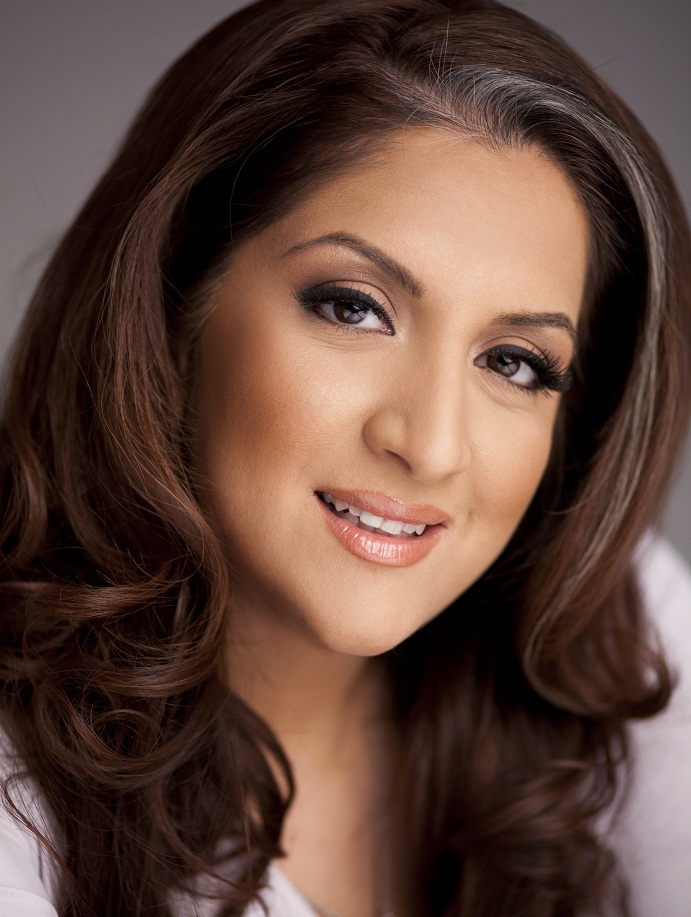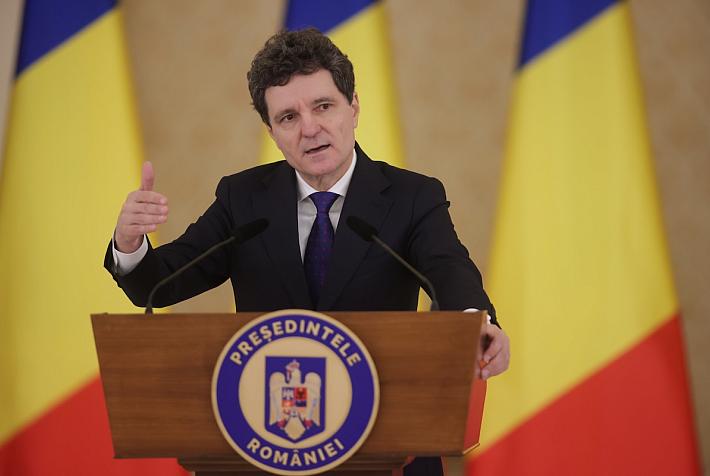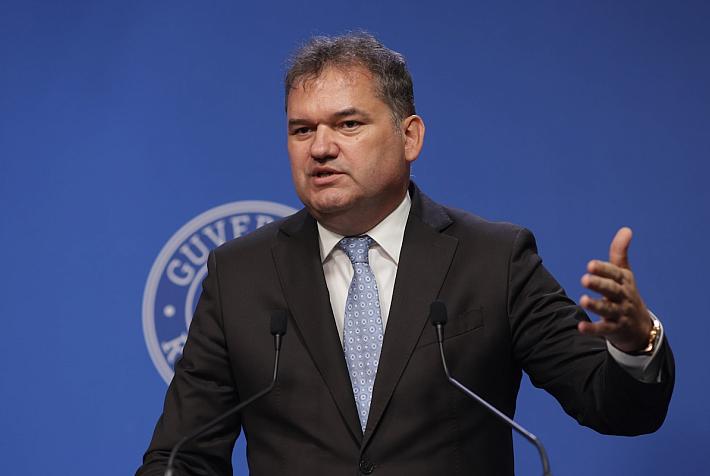Wajiha Haris, Scheherazade Foundation president: “No” is never an option

 Wajiha Haris has been living in Romania for seven and a half years and she now regards herself as an adoptive Romanian, with no intention to leave, since “there is so much to be done” around here. She considers herself a responsible citizen of Bucharest, just like anybody else born or simply living here and would most happily change Romanians’ pessimism, but not their warm and sociable nature. After rushing with her son in the middle of the night to a local hospital in dire need of modernization, she decided to start a foundation here in order to help - and never took 'no' for an answer.
Wajiha Haris has been living in Romania for seven and a half years and she now regards herself as an adoptive Romanian, with no intention to leave, since “there is so much to be done” around here. She considers herself a responsible citizen of Bucharest, just like anybody else born or simply living here and would most happily change Romanians’ pessimism, but not their warm and sociable nature. After rushing with her son in the middle of the night to a local hospital in dire need of modernization, she decided to start a foundation here in order to help - and never took 'no' for an answer.
By Corina Dumitrescu
Like many others, Wajiha arrived in Bucharest with her husband at the time, who was offered a job here. Meanwhile, Wajiha fell in love with the place, because it is where she feels she has achieved so much. Prior to her arrival in Bucharest, Wajiha, originally from Pakistan, lived in the Czech Republic, Dubai, Singapore and traveled across many other countries. But Romania is the place she now refers to as “home”.
President of the Scheherazade Foundation, an NGO whose mission is to help children from all backgrounds irrespective of their race, religion or gender, she has always had a calling towards the charity sector. Even as a student, she would sometimes go to SOS villages in Pakistan to spend time with the children, because she had always loved them and wanted to help, however she could. While majoring in Chemistry, she took part in an important national campaign raising funds for a children’s hospital, that she now regards with pride.
Later on, she started her career in banking, but continued getting involved in philanthropic projects, especially during the time she took for parental leave, when she was pregnant with her son. She took part in fundraising and event organization for various NGOs, including UNICEF, during the time she spent in Prague and, again, when she arrived in Romania.
Results beyond expectations
In 2007, however, she decided to start her own NGO, as when her son got sick in the middle of the night, on a Saturday, she had to rush to the emergency ward and thus came in contact with the Romanian healthcare system. Although she says she met doctors at Marie Curie Children’s Hospital who were true professionals, very dedicated to their work, the location where they were practicing medicine was in dire need of modernization. Wajiha then felt that she had to get involved and make the situation a little bit better, as she thought that if everyone with possibilities went abroad to seek medical support, where did that leave those who could not afford it and could only take care of their children in Romania?
She had finished her projects with UNICEF when she was pregnant with her daughter, so when she was 8-9 months old, the mother could dedicate some of her time to the foundation that she had literally created within her home, her office was divided between her living room and her kitchen.
Wajiha’s initial plan was to raise funds for the renovation of only a few rooms of the Marie Curie Hospital, at the beginning, she never even dreamed that EUR 1.5 million would eventually be collected for the benefit of all the building’s seven floors.
A kind, fulfilled-looking and elegant woman, Wajiha Haris impresses through her modesty, as well as through the self confidence she exudes, the result of years of hard work and dedication to help the less favored.
“This accomplishment is something that I cannot take any credit for because I never thought that it would be possible. I never thought it would turn out so well, even though we all worked so hard. I feel very satisfied, very proud whenever I go to that hospital, because most of the parents taking their children there are ordinary people. After the renovation, a mother was interviewed by a television station and said that she felt like she was in a seven-star hotel. This was the biggest compliment, received from people who did not know me,” the Scheherazade Foundation President unassumingly says.
Even though during her initiative, Wajiha was faced with trust issues from Romanians who did not believe that things could ever change towards a general improvement of the current situation, she says that she only needed to ask in order to obtain authorizations or gain the public institutions’ support, given, perhaps, the fact that a need for such an initiative was very high. And this is something that Wajiha recommends to everyone trying to improve the situation here: don't be afraid of knocking on every door and don't give up until that door is opened. "No" should never be taken as an answer when one has a major goal in mind, she says.
Currently, the foundation is involved in other projects for the benefit of children throughout Romania, among which fundraising for the renovation of two hospitals, Sf. Maria in Iasi and County (Judetean) in Constanta. Another program is being developed in juvenile justice and aims to help teenagers from correction schools become reintegrated in society, through various sports activities.
Although she currently works part-time in the private sector, offering consultancy in business development and marketing, she says she will never give up on her goal in helping improve the greater picture and, perhaps, leave a mark in history.
A citizen of Romania and of the world
Many Romanians have asked Wajiha why it took someone from abroad to come in and find a solution to an issue in the ever so problematic local healthcare system. She, however, responds that she is a citizen of Romania, just like everyone else living here, some were born locally, some not, and it was her responsibility to change something.
She fell in love with Bucharest and intends to stay here, because, in spite of their pessimism and distrust in the improvement of the current situation, Romanians are kind, warm-hearted people, among whom she never felt that she came from another country.
And, as she concludes, “Romania is like a very green soil and everyone who wants to plant their own flowers and make their garden here can do that and achieve very good results.”
(Photo courtesy of Wajiha Haris)











